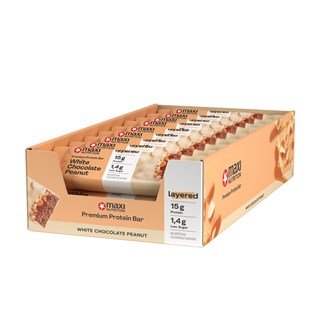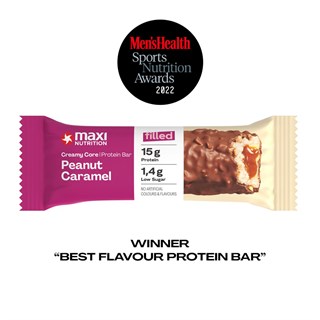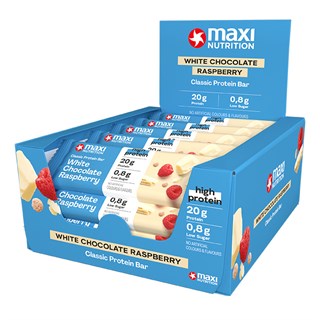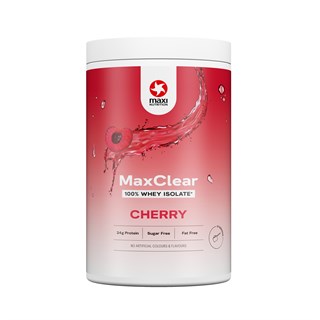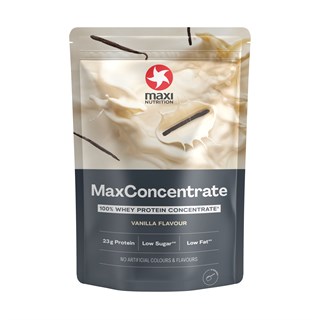Guide to Sports Nutrition
When it comes to nutrition, knowing what and when to eat through healthy eating facts can all seem to be a bit too much like hard work. Avoid these foods, eat this, drink this much, and don’t drink that. Your nutrition plan needs to take into account you as an individual and your intended goal. For sporting success the three pillars to succeeding are training, rest and nutrition. Referring you back to the old adage that ‘you are what you eat’ and following that up with ‘food for thought’, let us help you demystify the world of nutrition and together build a plan that will help you achieve your performance or body ambition.
Start with the basics – sports nutrition isn’t just about changing your current routine and replacing everything you eat with a host of supplements. We need to get your base diet right first. You should have what we consider to be a ‘well balanced diet’. This term is often used interchangeably but without a true understanding of what it means. Here at Maximuscle we believe that a well balanced diet is one that contains all of the nutrients that you need to sustain life, help you grow, develop and repair; it is the collaboration of nutrients which can then be tailored depending upon your goal. Let’s discuss these nutrients in more detail:
Macro and Micronutrients
Food is categorised by the nutrients they provide; typically food nutrients are divide into macro and micronutrients. Macronutrients are carbohydrates, fats and proteins; whereas micronutrients are vitamins and minerals.
What is Protein?
- Protein is vital for various functions such as muscle structural, contractility and healthy living. Good sources of protein are foods such as meat, fish and nuts but you'll also find them in our products.
- For healthy living your diet should contain approximately 15-20% of protein.
- Unlike carbohydrate and fat, protein cannot be stored within the body.
- Each gram of protein provides you with 4 kcal per gram of energy.
- Proteins are made up of polymers of amino acids. There are 20 different amino acids in total, 8 of which that are essential (unable to made within the body) and 12 that are non essential.
What is Carbohydrate?
- Carbohydrates are the body’s preferred energy sources and should make up 50-60% of your diet.
- Each gram of carbohydrate provides you with 4 kcal (calories) of energy.
- Within the blood carbohydrates are broken down into glucose of which depending on the type of carbohydrate affects the blood glucose concentration, referred to as the glycaemic index.
- Carbohydrates are defined as being of a high glycaemic index (HGI) or of a low glycaemic index (LGI). Bread, potatoes and glucose are all HGI, whereas apples, peaches and fructose are all LGI.
- LGI carbohydrates give you a slow energy release; whereas HGI carbohydrates provide you with that quick energy boost.
What is Fat?
- As with carbohydrates, fats are an energy source. In fact we store 50 times more energy in fat than carbohydrate.
- Each gram of fat provides you with 9 kcal calories of energy.
- Fats are categorised as saturated (bad) and unsaturated (good) fats, you should limit the saturated fat as much as possible within your diet.
- Fat needs to be present in your diet to aid with the absorption of vitamins; provide energy; and provide essential fatty acids that are not produced within the body.
Importance of hydration
When you exercise your body warms up. As a direct response to try and cool your internal organs, you sweat. If the fluid lost via sweat is not replaced, you run the risk of becoming dehydrated. In support of healthy daily living avoiding dehydration is important but during exercise, dehydration is directly linked to limiting performance. It is incredibly difficult to predict how much fluid a person needs to take in because believe it or not, sweating is remarkably individual and depends on a number of factors including exercise intensity, duration, external temperatures and genetics amongst others. There is therefore no ‘one size fits all’ recommendation for fluid intake. Your urine will give you a good indication of how hydrated you are. If it is a pale straw colour, you are relatively well hydrated, anything darker than this, you should increase your fluid uptake.
Nutrition Plans
These are handy menus to give you inspiration on how to eat a balanced diet. You may notice that we recommend eating 5-6 ‘meals’ a day. Don’t worry, these are not traditional sized meals - but rather breakfast, a midmorning snack, lunch, an afternoon snack, dinner and an evening snack. We advise eating little and often and including a protein source in each ‘meal’. Check out all our meal plans.
Role of sports nutrition?
Knowing the healthy eating facts when it comes to sports nutrition can play an important role in our daily nutrition, not only for those serious about sports and performance but also for the everyday exerciser who is looking to improve performance or achieve certain body goals. In particular, high quality protein products are key to help maximise lean muscle growth and ultimately achieve your personal exercise goals.
For someone who is working out or playing sport there comes an increased need for protein, which is why protein supplements are extremely popular among gym trainers and sports players.
To gain the most from your training and to help the adaptations to take place, protein is essential for muscle growth and repair. Gaining muscle and/or enhancing recovery requires an increase in protein within the body. As we exercise, the demand of a positive protein balance and protein breakdown are increased, therefore as exercise increases so too should your protein intake. Exercise instigates muscle growth whilst protein facilitates recovery and adaptation. If you lead a busy lifestyle and struggle to constantly prepare nutritious food, the shakes and bars from our product range contain fully tested, quality assured proteins that can be thrown in your bag for an instant protein boost, whenever you need it.






